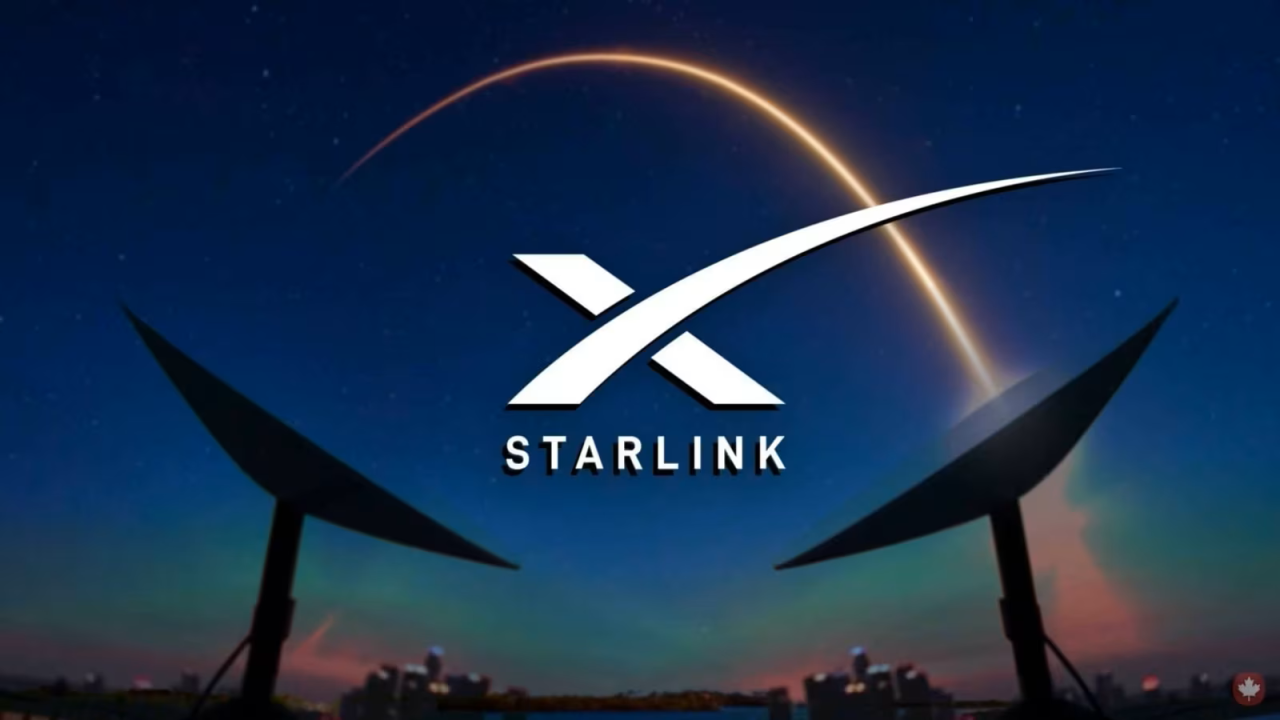
By Charles Muchoki | Africa Guardian
Elon Musk’s Starlink is poised to shake up Africa’s internet landscape with a new router-free service, potentially disrupting the market dominance of established telecom giants like Safaricom and MTN. By eliminating the need for costly hardware, Starlink aims to lower barriers to internet access in a region where high costs have long limited connectivity.
Kenyan tech analyst Martin Macharia views this development as a pivotal moment for Africa’s digital future. “Starlink’s router-free option could be a game-changer. It removes significant cost barriers and could lead to widespread adoption of satellite internet, challenging existing providers,” he said.
Innovation Village highlighted that Starlink’s strategy will allow mobile phones to connect directly to satellites, bypassing the need for traditional routers. This approach, detailed in a filing to the US Federal Communications Commission (FCC) in May, could significantly increase satellite internet adoption in Africa, where upfront hardware costs have been prohibitive.
Safaricom, Kenya’s leading telecom provider, is already pushing for tighter regulations on Starlink, concerned about the potential impact on its lucrative data services. Safaricom, which has long dominated the Kenyan market, announced a partnership with AST SpaceMobile in June 2023 to enhance its broadband services through satellite technology. Meanwhile, MTN Group, Africa’s largest telecom by subscribers, is also exploring satellite services through a partnership with Omnispace.
Despite these efforts, Starlink’s aggressive entry into the market with its cost-effective strategy could undermine the dominance of traditional ISPs like MTN and Vodacom. This impact could be particularly significant in rural and underserved areas, where traditional providers have struggled to deliver reliable service.
“Safaricom and others need to wake up,” Macharia warned. “Starlink’s aggressive push could upend the current market dynamics.” He added that the shift towards satellite-based internet could spur innovation across various sectors, including fintech, e-commerce, and education, by providing high-speed, low-latency connections.
However, challenges remain. While the router-free service reduces costs, the overall affordability of Starlink’s offering is still a concern, especially for low-income households. Additionally, regulatory hurdles could hinder Starlink’s expansion, as African governments have historically imposed strict controls on new technologies to protect existing monopolies.
The success of Starlink’s African expansion will depend on its ability to navigate these challenges and deliver on its promise of affordable, high-speed internet. The coming months will be crucial in determining whether Starlink can secure a foothold in Africa’s competitive telecom market and drive the continent’s digital transformation.
___
